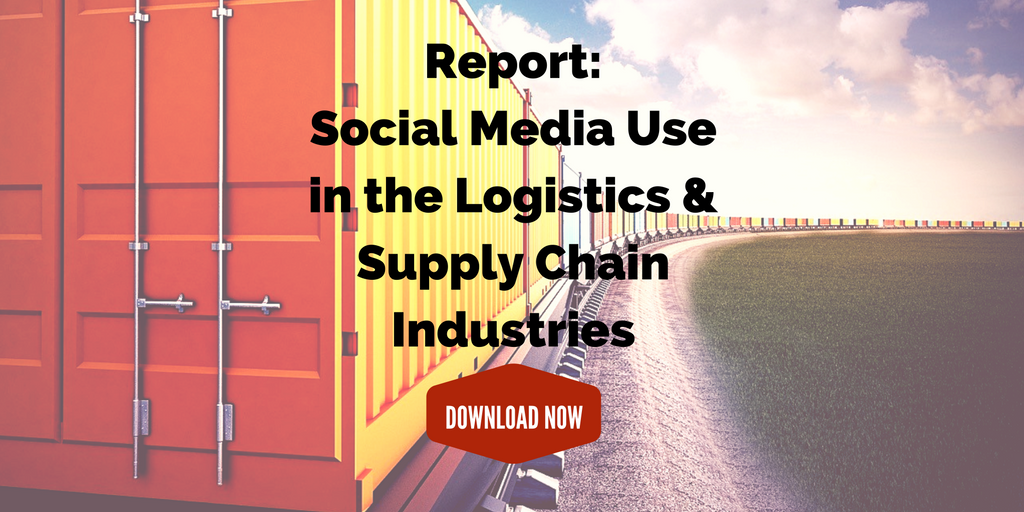
In 2019, This One Soft Skill Reigns Supreme: Emotional Intelligence
Soft skills are more important than ever, and emotional intelligence is arguably more important than all the rest.
Highlights:
- Because Supply Chain now touches on every aspect of a business, soft skills have become more important than ever.
- Emotional intelligence is the ability to understand one’s own emotions as well as the emotions of others.
- Emotionally intelligent people are more thoughtful about decisions within an organization. They’re able to see others’ points of view, and better judge how their decisions will impact others.
This guest post comes to us from Argentus Supply Chain Recruiting, a boutique recruitment firm specializing in Supply Chain Management and Procurement.
The rise of emerging technologies like big data and AI has changed the skills profile for a number of white collar careers – not the least of which is Supply Chain Management, which is our specialty at Argentus. Tools like SAP, other ERP systems and Supply Chain visibility software have opened up massive opportunities for people who can analyze data and draw intelligence. They’ve raised Supply Chain’s profile in companies. The function now drives and transforms big picture strategy instead of just fighting daily fires.
Supply Chain is a STEM field. People with engineering, data analysis, systems development, and other hard skills will always be important. But there’s something interesting happening in the skills profile for top Supply Chain people: because Supply Chain now touches on every aspect of a business, soft skills have become more important than ever. It’s a bit of a paradox, but it’s borne out in our conversations with clients, as well as executives across the field.
And in 2019, there’s one soft skill that reigns supreme: emotional intelligence.
[bctt tweet=”According to the World Economic Forum’s Future of Jobs report, emotional intelligence is the most important emerging soft skill heading into 2020. ” username=”Fronetics”]
According to the World Economic Forum’s Future of Jobs report, emotional intelligence is the most important emerging soft skill heading into 2020. This great article in Fast Company digs into the research. It examines the importance of emotional intelligence (EQ), and explains why hiring managers often prize EQ over IQ when identifying talent today.
What is emotional intelligence?
In short, it’s the ability to understand one’s own emotions as well as the emotions of others. It’s closely related with empathy, and leads to an increased ability to understand your team’s needs in the workplace. In general, research has found a correlation between high emotional intelligence and job performance, mental health, and leadership skills.
In a recent interview, Supply Chain VP Taras Korec identified emotional intelligence as one of the most crucial soft skills for everyone in the field, from the analyst level up to the VP level. He also said he hires based on attitude and emotional intelligence rather than hard skills.
But organizations don’t always see the value in developing their employees’ emotional intelligence, and this has big ramifications. As Taras put it, “if you’re an analyst and you go to your boss and say, ‘I want some training on the hard skills,’ that’s a pretty obvious sell. But how many people have the courage at the analyst level to say, ‘I want to take training on emotional intelligence’? A lot of leaders may not have invested in those skills themselves. They may not see the value in them, which reinforces that deficit throughout the organization.”
According to the research, these are some of the biggest career advantages enjoyed by people with high emotional intelligence (EQ):
- The ability to deal with pressure. Emotional intelligence helps you understand and regulate your own emotional state, which leads to better stress management and healthy coping mechanisms. Supply Chain is often a high-stress profession, with critical business outcomes riding on SCM planning and performance – so emotional intelligence is particularly helpful.
- Increased co-operation. The Fast Company analysis points out how workplaces are becoming more collaborative, as well as inclusive to people from different backgrounds. Emotional intelligent people are better relationship-builders, and that’s valuable in a field like Supply Chain where you’re often working with people from all over the world.
- The superpower of using feedback as fuel. In general, intelligent people tend to recognize the importance of self-improvement and skills development. But people with good emotional intelligence are also more open to others’ feedback – which is necessary to see what they need to improve. They don’t take criticism personally, so they’re better poised to turn feedback and areas of improvement in performance reviews into fuel for personal growth.
- Improved leadership skills. People with high emotional intelligence have better empathy, resilience, and ability to build influence – key traits for business leaders. Success in Supply Chain Management – especially in disciplines like Procurement – relies on an ability to build relationships and influence stakeholders from across the business. People with high emotional intelligence are great at rising above daily firefighting. They’re more likely to be seen as leaders within a business. They’re respected. People listen when they speak, even if they don’t have a “leadership” title. As Supply Chain VP Taras Korec said in our recent interview, “there’s no reason you can’t lead, regardless of your title.”
- Better decision making and ability to adapt to change. The business world is changing rapidly in the age of digital technology, and this is especially true within Supply Chain and Procurement, which are undergoing major transformations at top organizations. Emotionally intelligent people are more thoughtful about decisions within an organization. They’re able to see others’ points of view, and better judge how their decisions will impact others.
Like any soft skill, emotional intelligence can be intangible. It’s way harder for a Supply Chain professional to put emotional intelligence on a resume than their skills with a particular SAP module. Conversely, it’s also harder for a hiring manager to systematically screen for emotional intelligence than other “hard” skills. It’s harder to design a university course around. But the fact is, you know it when you see it, and truly great hiring managers know how to assess emotional intelligence in a job interview.
You might not find emotional intelligence in a list of SCM core competencies – but like any other soft skill, it’s crucial. And it’s only becoming more important.
Related posts:



